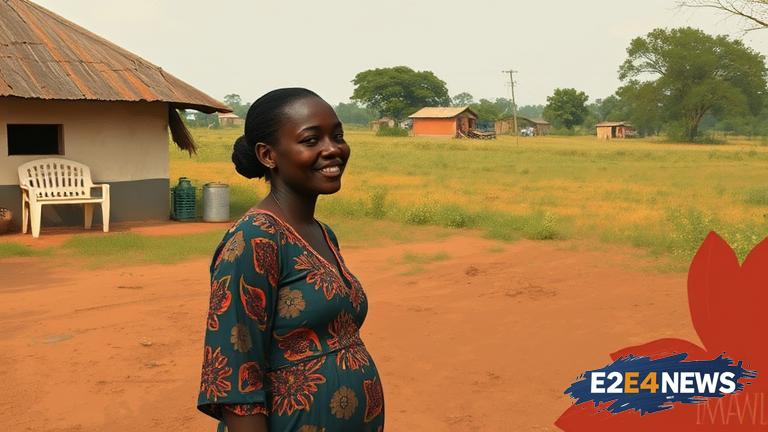Infertility is a pervasive issue in Kenya, with an estimated 1 in 4 couples struggling to conceive. Despite its prevalence, the topic remains largely unspoken, with many individuals and couples suffering in silence. The stigma surrounding infertility is deeply ingrained in Kenyan culture, with many viewing it as a personal failing or a curse. This has led to a lack of awareness and understanding, making it difficult for those affected to seek help and support. The emotional toll of infertility can be devastating, with many individuals experiencing feelings of guilt, shame, and inadequacy. The financial burden of fertility treatments is also a significant challenge, with many Kenyans unable to afford the costly procedures. Furthermore, the social pressure to have children can be overwhelming, with many families and communities expecting couples to produce offspring. The lack of access to fertility services in rural areas is also a major concern, with many individuals forced to travel long distances to seek medical attention. In addition, the quality of fertility care in Kenya is often subpar, with many clinics lacking the necessary equipment and expertise. The government has been criticized for its lack of support for infertility awareness and treatment, with many calling for increased funding and resources. Despite these challenges, there are many stories of hope and resilience, with individuals and couples finding ways to cope with the emotional and financial strain of infertility. Support groups and online forums have become lifelines for many, providing a safe space to share experiences and connect with others who understand the struggle. Some individuals have also turned to alternative therapies, such as acupuncture and herbal remedies, in an effort to boost their fertility. Others have opted for adoption, providing loving homes to children in need. However, the adoption process in Kenya can be lengthy and bureaucratic, with many couples facing significant delays and obstacles. The role of men in infertility is often overlooked, with many feeling emasculated and powerless in the face of their partner’s fertility struggles. However, men are increasingly speaking out about their experiences, highlighting the importance of male fertility and the need for greater support and understanding. The impact of infertility on relationships cannot be overstated, with many couples experiencing significant strain and stress. However, with the right support and communication, many couples are able to navigate the challenges of infertility and emerge stronger and more resilient. In recent years, there has been a growing movement to raise awareness about infertility in Kenya, with many organizations and individuals working to break the silence and stigma surrounding the issue. This includes the launch of awareness campaigns, support groups, and educational programs, all aimed at promoting greater understanding and empathy. As the conversation around infertility in Kenya continues to grow, it is hoped that more individuals and couples will feel empowered to speak out and seek help, rather than suffering in silence. Ultimately, it is only by working together to address the complex and multifaceted issue of infertility that we can hope to create a more supportive and inclusive environment for all individuals and couples affected.





